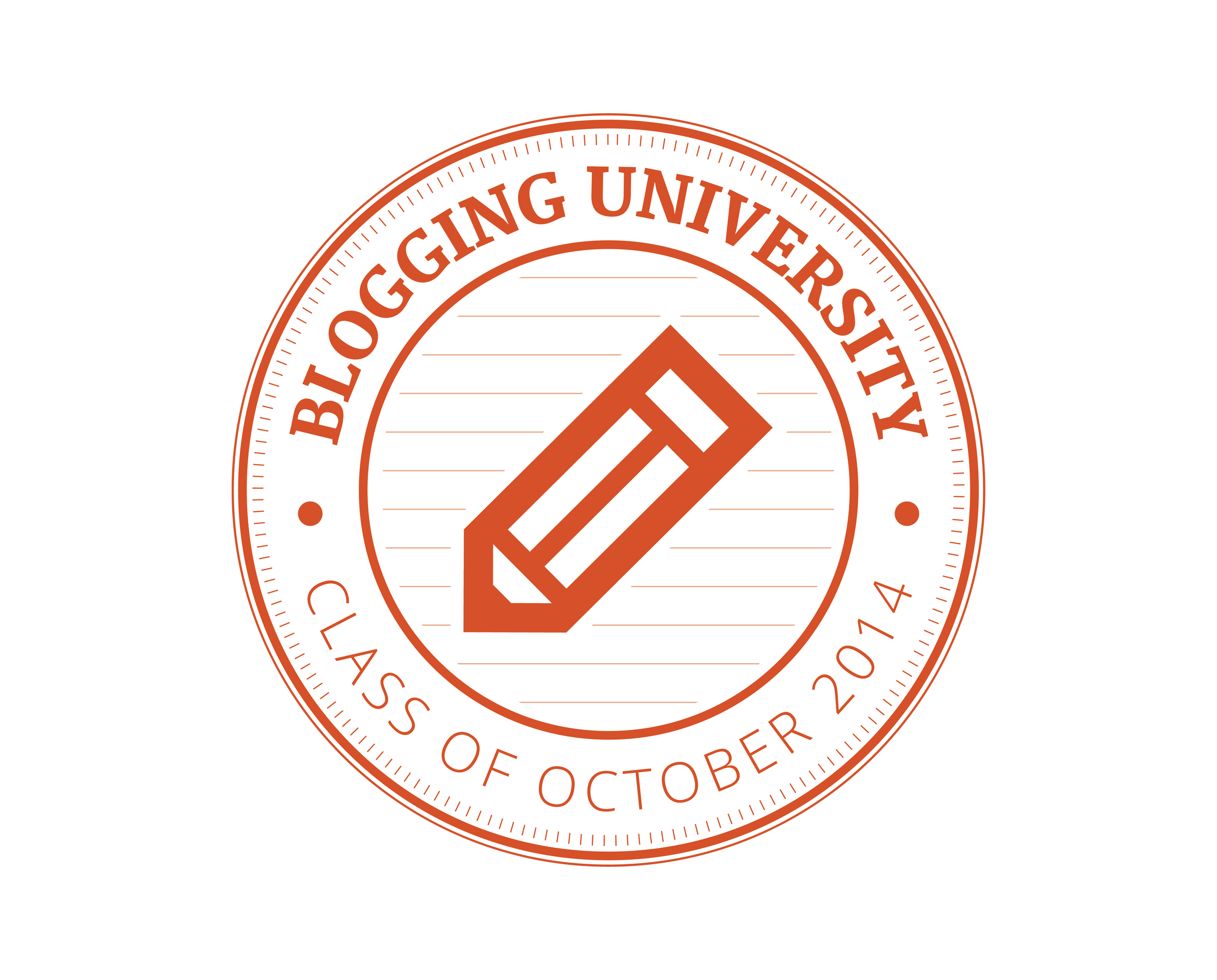
Cheyenne represented veterans with "invisible wounds" during the 2010 Florida Ride 2 Recovery from Tampa's MacDill AFB to Jacksonville.
BY CHEYENNE FORSYTHE
Sitting in an office, at the University of South Florida, about to participate in a PTSD study called Accelerated Resolution Therapy (ART) for Psychological Trauma, I heard these words, “You owe it to yourself.” For some reason they hit home and have been resonating with me all morning long. Maybe it’s the news of another suicide or the downing of a chopper with all those soldiers on it but I haven’t been able to get those words out of my head.
When I think of all the reasons to stay alive and get myself well, so that I can take on the challenge of the rest of my life, seldom do I think of myself. Usually, it’s other people that first come to mind, like my son. I want to be there to be dad even though his mom and I are divorced and he lives 1,177 miles away. Recently, he’s been calling more often. Last week, he lost two teeth and called me when he wiggled them out, both times. That felt great.
The next person that comes to mind, is my dad. He’s the greatest man who I’ve ever met. Dad is going to be 60 years old this year and mom is throwing him a big party. Relatives from all over the country are coming in to help us throw him a big surprise party. I’ve been thinking about the speech I’m going to give. It’s going to go something like this, “Many of you might think Superman is a fictional character, but I know better. Superman was born 60 years ago and has been married to my mother for 35 years.”
Point is, before you think about how much all these people will be torn up if you killed yourself, you have to remember that you owe it to yourself to succeed, first and foremost. You’re a special individual who’s carved out a niche in life and someday someone is going to be depending on you to be there. Whether it’s a joke at the old man’s birthday party or your child’s tooth story, you’ve got a responsibility to be healed, as much as possible, so you can be there to handle those situations, as best as you can.
Give yourself an opportunity to heal your mind, body and soul. In this instance, its OK to be selfish and think of yourself first. VA facilities all across the country are waiting for you to give them a call to set up an appointment to start taking care of yourself so you can be the best you possible. University counseling centers and Vet Centers all across the country are ready to help you get started on the rest of your life. Are you ready? Remember, you owe it to yourself.
Filed under: Military families, PTSD, Research, Suicide Prevention, Veterans | Tagged: Accelerated Resolution Therapy (ART) for Psychological Trauma, Army Specialist Cheyenne Forsythe, Iraq, Mental health, postaday2011, Posttraumatic stress disorder, PTSD research, PTSD treatments, Traumatic brain injury, University of South Florida, Veteran, Vietnam veteran | 2 Comments »















